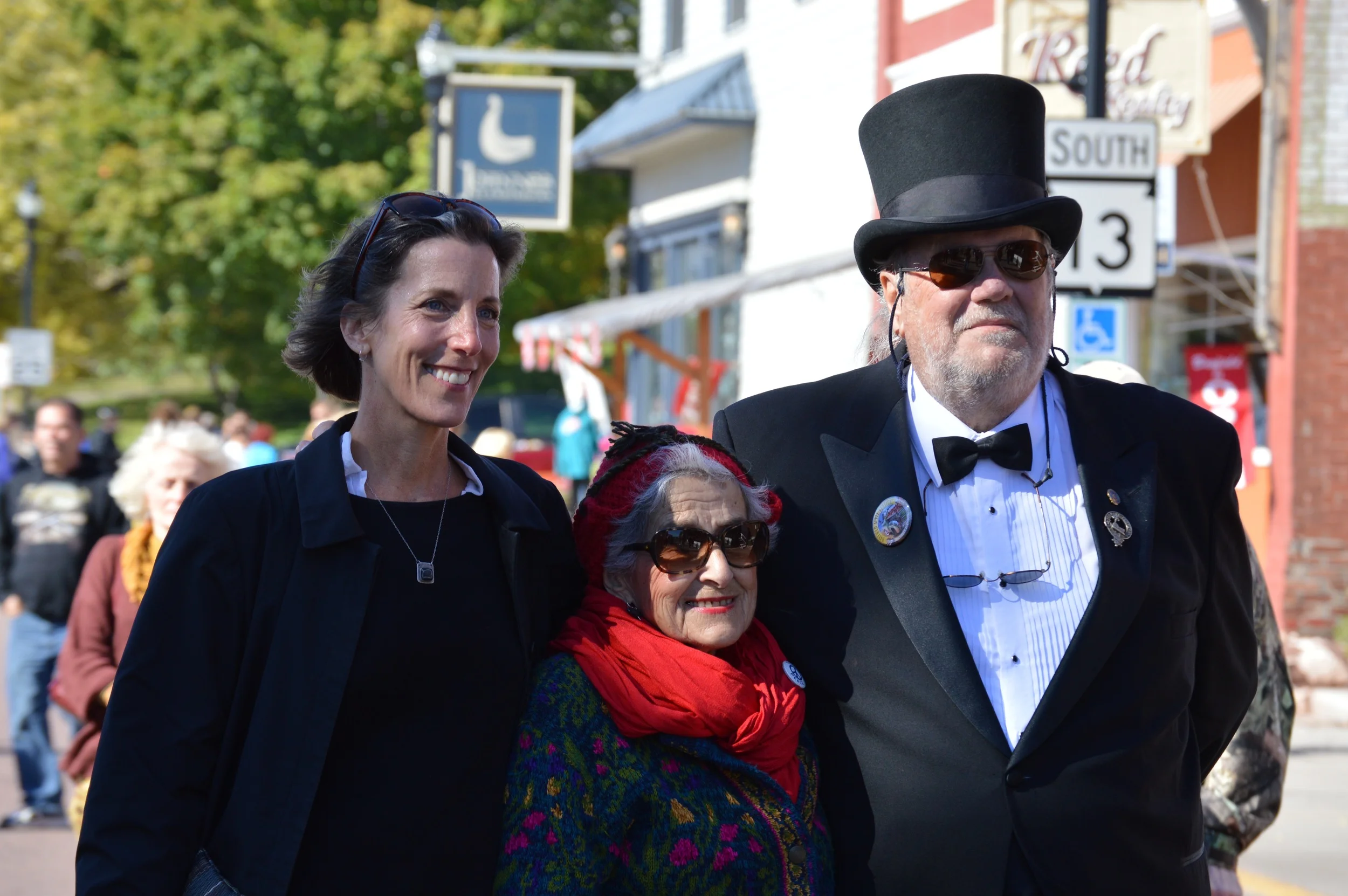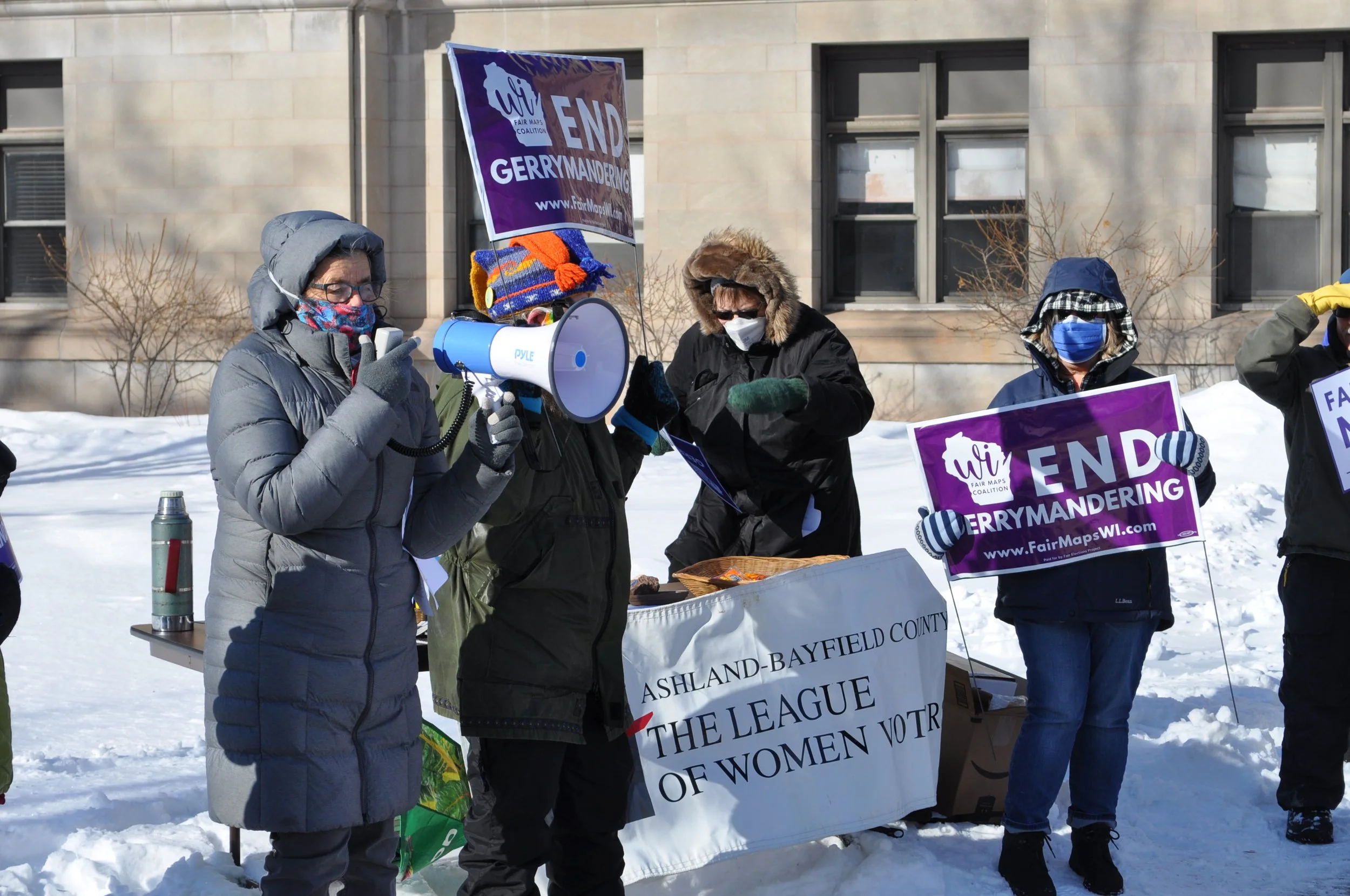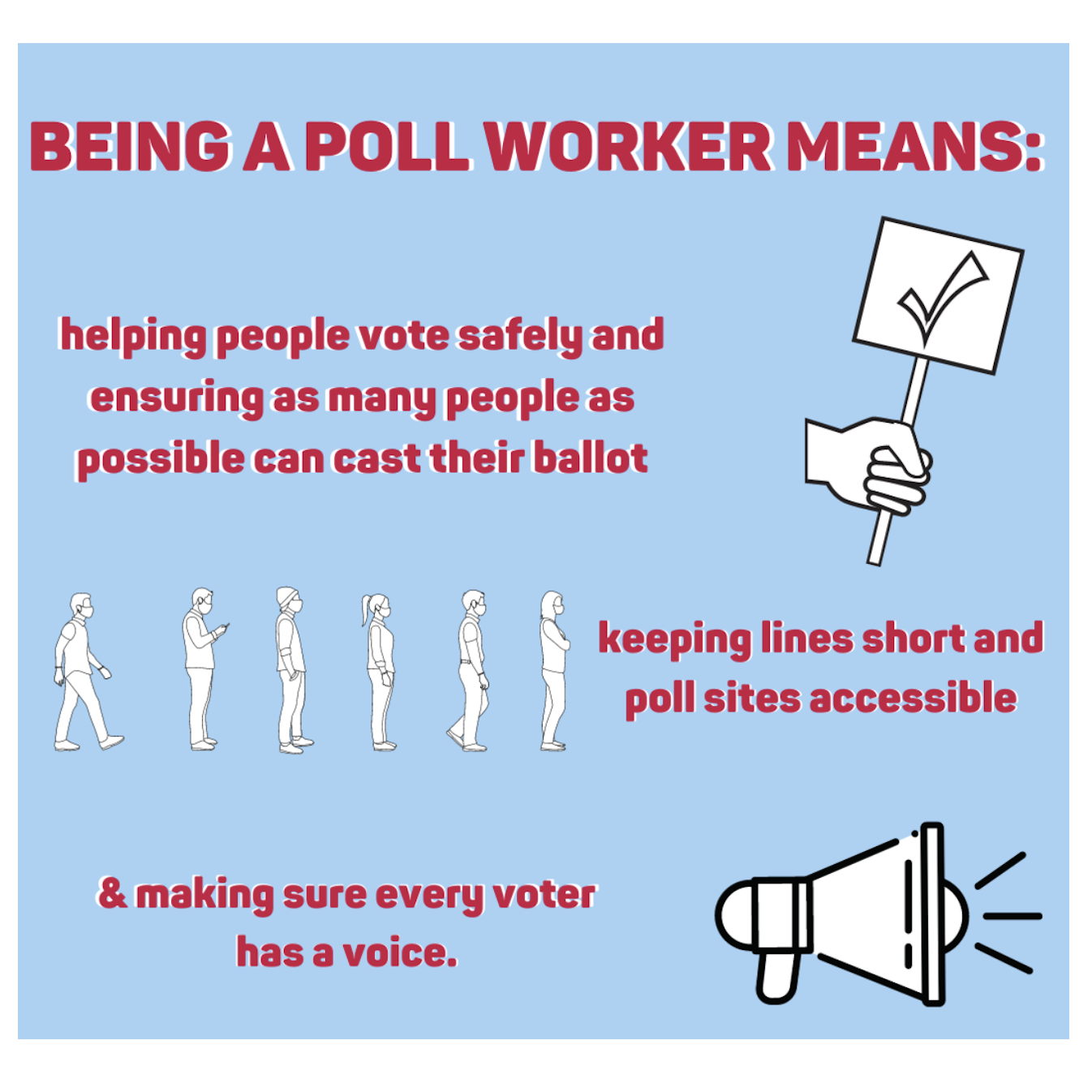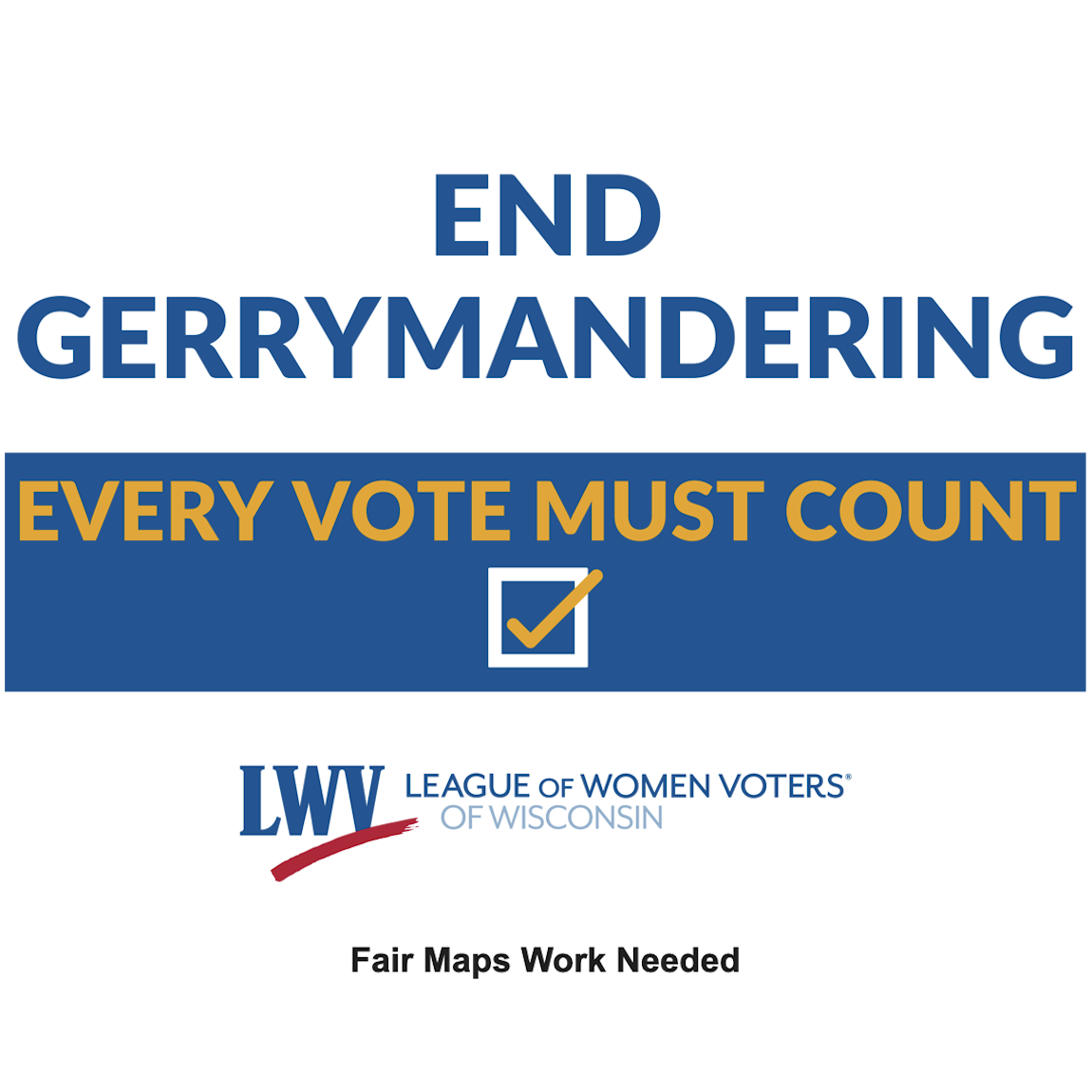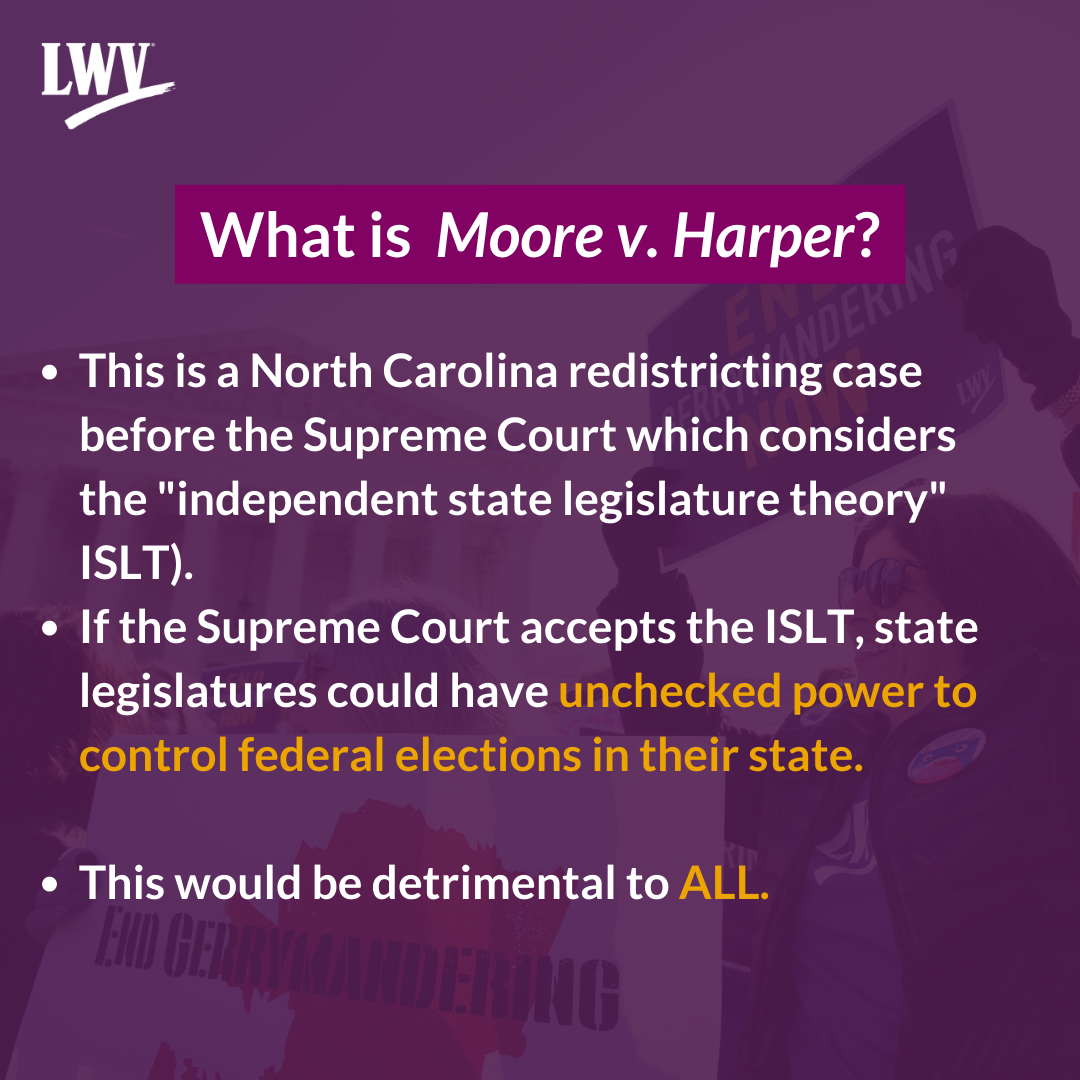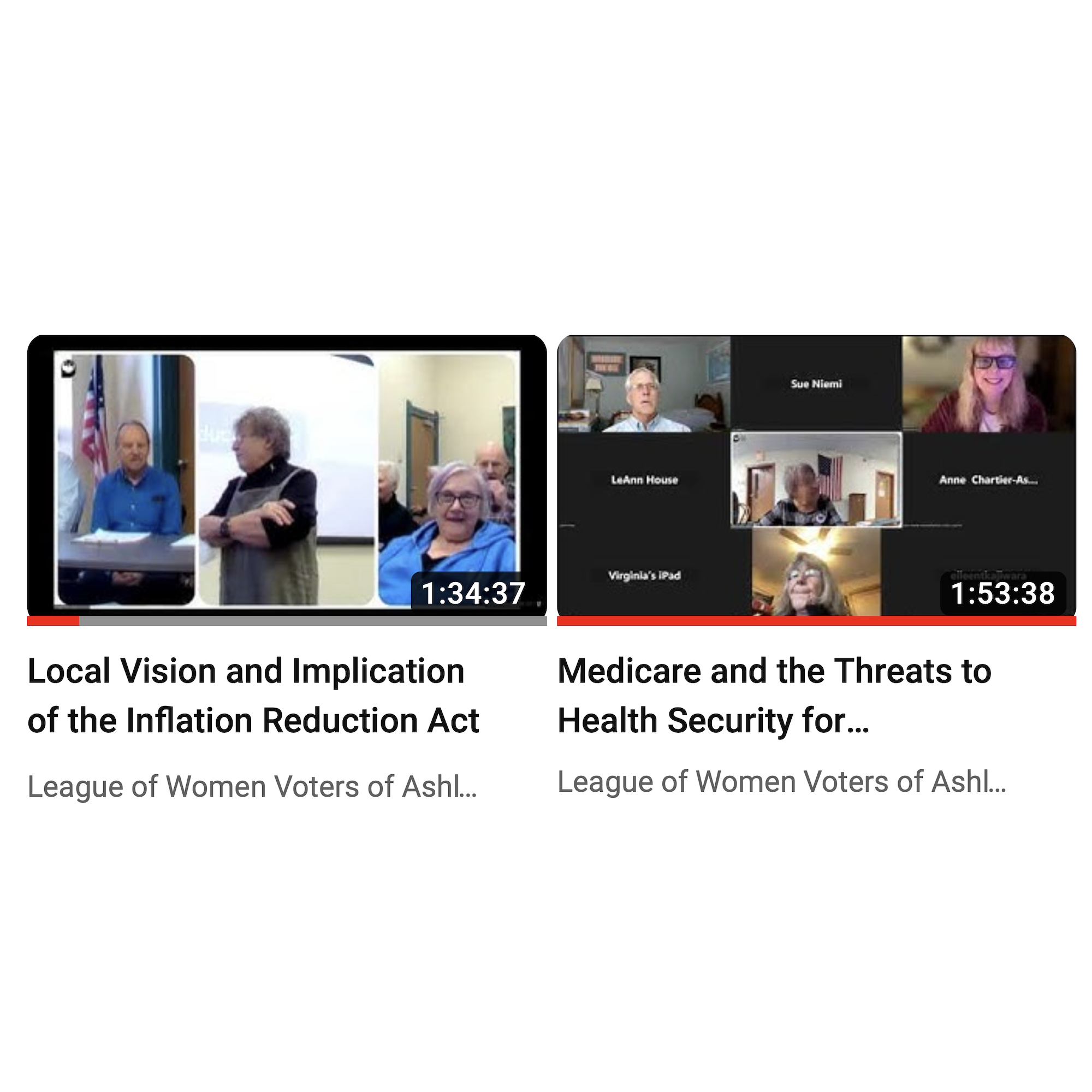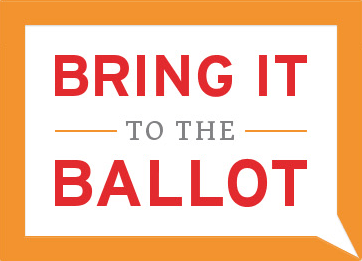End Child Poverty Campaign: Poverty Reduction Goal
/Our Shared Goal: The faith community believes that the people of Wisconsin need to set a goal of cutting childhood poverty in half in the next ten years. To guarantee greater equity, we also need to cut racial disparities in childhood poverty in half. These goals need to be accompanied by a commitment to evidence-based evaluation of progress.
In 2014 the Wisconsin Council of Churches, WISDOM, Citizen Action of Wisconsin, and the Wisconsin Council on Children and Families (now Kids Forward) launched a dialogue on poverty with faith-based leaders and congregants across Wisconsin. Our dialogues reached several provisional conclusions:
Deepening poverty and economic inequality is a moral crisis that calls us to action. We must confront our pretension of having a level playing field while 500,000 Wisconsin adults and 250,000 Wisconsin children live in poverty.
High and rising rates of poverty are primarily a result of broader economic and social structures, not individual moral failings. Most poor children live in working families.
There is a collective moral obligation not only to assist individuals, but to change the social and economic conditions which cause poverty and racial inequities.
It is unconscionable that children are the poorest segment of our society, and that severe inequities based on race and ethnicity continue. The long term negative impacts of childhood poverty and racial inequities create intergenerational cycles that threaten us all.
Effective solutions are more likely to be adopted and succeed if we focus on finding common ground across the ideological divide, adopt evidence-based solutions from across the political spectrum, and hold ourselves collectively accountable to measurable outcomes rather than particular policies.
Our Shared Moral Obligation
We have all seen how a sense of moral responsibility and compassion can drive individual and group charitable efforts to alleviate the physical, psychological, and spiritual suffering which flow from poverty and racial disparities. These are praiseworthy acts that should be commended, at the same time we have the responsibility not only to treat the symptoms, but to transform the broader social and economic context that traps so many in poverty, beginning when they are children.
We also believe that it is essential that this work be done in relationship and partnership between those experiencing racial disparities and poverty and those living with abundance. People who endure poverty and racial inequities have unique understanding of the challenges they pose and have a critical vantage point for seeing and implementing solutions. Working in partnership is not only the right thing to do, it is the only way we will be successful.
A Fresh Approach: Accountability to Outcomes not Policies
There is a growing consensus across the political spectrum that government has an important role to play if we are to take effective action to dramatically reduce poverty. Both progressives and conservatives accept that To add your endorsement to the goal of cutting childhood poverty in half, go to: endchildpovertywi.org government is essential to creating a social and economic context where poverty is far less prevalent. Despite this seeming agreement, ideological divisions over policy create a standoff that blocks effective action.
The big idea that emerged from our discussions is that we should flip the script by holding ourselves and our elected leaders mutually accountable to outcomes, rather than support for any particular set of policies. Tracking progress towards our goals can become the organizing principle for our poverty and racial equity work going forward. This will put us in a position to invest more in policies that are working, abandon those that are not, and initiate new evidence-based policies in real time. This outcome-based approach makes it possible to include the private sector (corporations, charities, faith-based institutions, and foundations) as well as governments at all levels (federal, state and local) in the plan as contributing to measurable parts of the outcome. This approach can also make it possible for other policies not usually associated with anti-poverty efforts, like state and local economic development and tax policies, to be part of the plan with measurable contributions to the outcomes.
We have reviewed a number of poverty reduction plans that span the political spectrum, including: 1) American Enterprise Institute/ Brookings – Consensus Plan to Reduce Poverty and Restore the American Dream; 2) Community Advocates – Pathways to Ending Poverty; 3) Paul Ryan’s A Better Way: Our Vision for a Confident America; 4) the UK Child Poverty Reduction target, and others. From these plans a number of common themes emerge, and based on those themes, we propose that four main strategies are adopted in Wisconsin:
Set child poverty reduction goals, equity goals, and timelines.
Develop accountability mechanisms: A robust and independent tracking and evaluation capacity, trusted by all sides, which will make clear assessments of what is working, and what needs to change. (e.g. the creation of a Legislative Child Poverty Bureau)
Implement multi-sector, evidence based strategiesat the scale capable of achieving the poverty reduction goal, including:
Employment and Income: help people get well-paying jobs;
High quality education: Increase public investment in underfunded stages of education, particularly in the early years;
Strengthening families: deepening relationships and building social capital.
Measure progressand adjust strategies as necessary.
The first major step of our public campaign will be a faith-led effort to inspire policymakers, elected officials, and other opinion leaders and stakeholders to publicly commit to a concrete ten year goal of cutting childhood poverty and racial disparities in half. We need to hold all components of Wisconsin society collectively responsible to achieving these goals. It is the moral, just, and economically sound action to take.
Signed,
Robert Kraig, Executive Director, Citizen Action of Wisconsin Education Fund
Rev. Scott A. Anderson, Executive Director, Wisconsin Council of Churches
Ken Taylor, Executive Director, Kids Forward
David Liners, State Director, WISDOM

